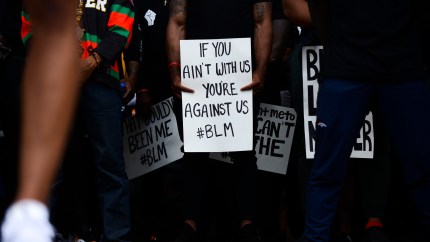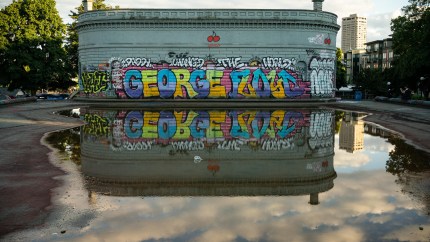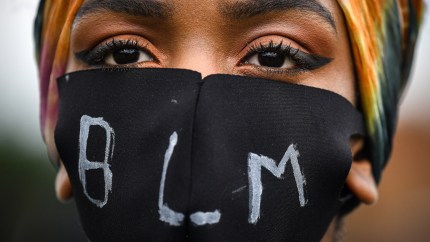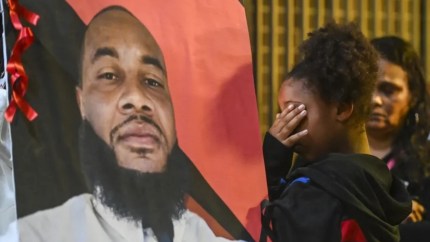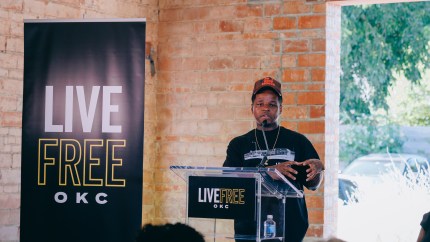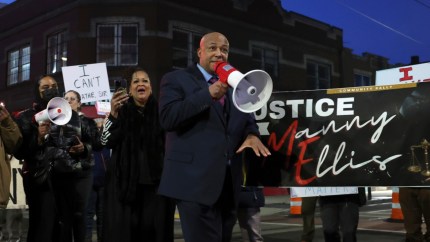Seattle closes down Black Lives Matter garden citing homelessness, vandalism
Park workers helped remove the Black Lives Memorial Garden on Wednesday, Seattle listing drug use and restrooms vandalism among its reasons why.

A community garden originally planted in Seattle’s Cal Anderson Park as part of 2020’s Black Lives Matter protests has been removed due to what the city described as unsafe conditions.
According to the Seattle Times, Seattle Parks and Recreation workers helped remove the Black Lives Memorial Garden on Wednesday, with the city citing drug use, vandalism of park restrooms and illegal camping among the reasons for doing so.
Seattle Parks spokesperson Rachel Schulkin said the garden posed “public health and public safety issues and the need for maintenance, including reseeding the area and turf restoration.”
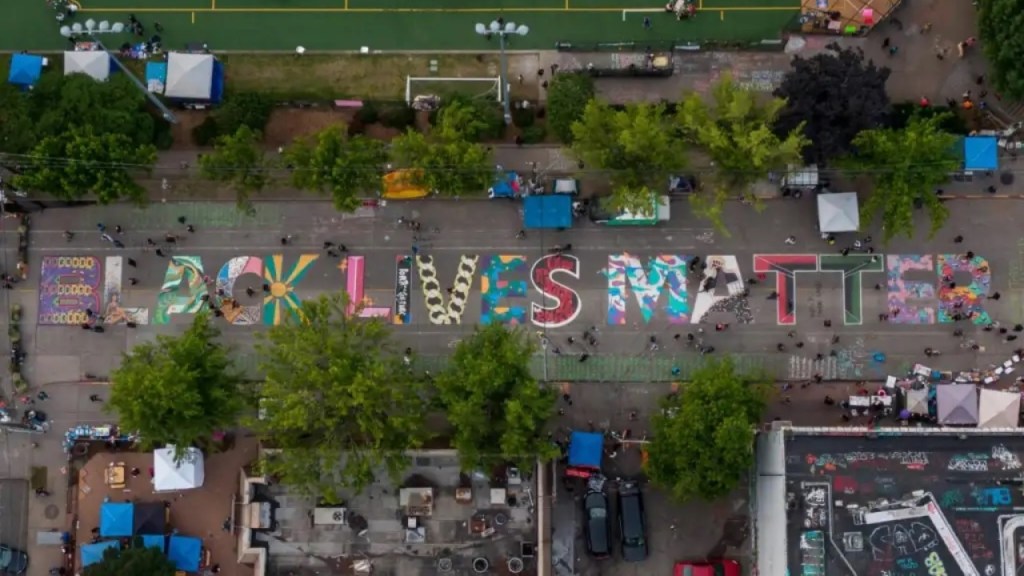
“In recent months, the temporary garden has created unsafe conditions for all park users,” added Schulkin, “including the vandalism of Cal Anderson public bathrooms, public drug use, unauthorized camping and a significant rodent problem, along with other issues.”
The garden was part of the Capitol Hill Organized Protest zone, where activists congregated for several weeks in June 2020, but Seattle Parks claimed it had to be removed to make way for other park uses.
Alan Meekins, a volunteer at the garden and Capitol Hill resident, said the space helped to foster connections between people and nature, but it has evolved into a hub for mutual aid for people experiencing homelessness. He associated Wednesday’s removal with the Black community’s expulsion from some areas and described the city’s decision as an effort to remove protest and grievance symbols.
Black Star Farmers stewarded the garden, describing it as a space where working-class and poor people can organize the underlying causes of injustice and condemning its demolition in a statement. They said people using the space are “mourning the destruction of the physical embodiment of years of collaboration, connecting with plant life” and exchanging knowledge, food and medicine, according to the Seattle Times.
News
The organization and other opponents of the removal caused Seattle Parks to postpone its original action date in October. More than 5,000 people signed an online petition against the destruction of the unsanctioned garden, which they described as honoring Black and Indigenous people killed by police and bringing joy and healing to neighborhood residents without much access to green space.
Schulkin said the city would partner with Black community leaders and the Seattle-based Black Farmers Collective to “conceptualize a new commemorative garden” elsewhere at Cal Anderson Park.
However, Black Farmers Collective member Yeawa Asabi stated that the organization did not support Wednesday’s removal and does not intend to collaborate with Seattle officials on a replacement.
The city “has claimed that they were removing the garden because of public health and safety, but the garden did not create the conditions for the unhoused crisis and drug epidemic,” contended Black Star Farmers. “Removing the garden is a theatrical and reactionary response to systemic issues, designed to placate the landlords, bosses, and politicians intent on extracting labor from poor and working-class people.”
Never miss a beat: Get our daily stories straight to your inbox with theGrio’s newsletter.
More About:News
